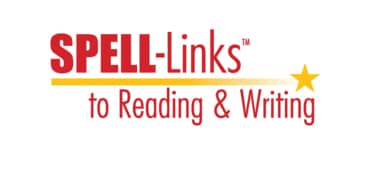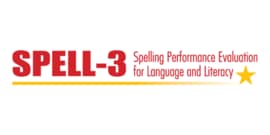SPELL-Links Intervention and Training Products
SPELL-Links / Learning By Design, Inc.- SPELL-Links™ intervention and training resources are products for struggling readers and suitable for students with dyslexia. The SPELL-Links products use a speech-to-print word study approach that leverages the brain's innate, biological wiring and organization for oral language combined with multi-linguistic and meta-linguistic instruction. See our Guidance on using these resources remotely.
SPELL-Links The Language of Reading and Spelling Part 4: Morphology On Demand 1.5 Hours
A103000369534 Qualification Level BThis 1.5 hour session is designed for SPELL-Links users to gain foundational knowledge and skills in morphology for successful implementation of SPELL-Links. Participants will have access to this course for one year.
Training orders will be processed within 5-7 business days of order placement. On-demand training is accessed via a welcome email sent to the email address associated with the order.
Ordering
Training details
|
Audience: This session is targeted to K-12 educators, language and literacy specialists, and administrators. Course description: This 1.5 hour session is designed for SPELL-Links users to gain foundational knowledge and skills in morphology for successful implementation of SPELL-Links. Participants will have access to this course for one year. Learning objectives: After attending this session, participants will be able to:
|




